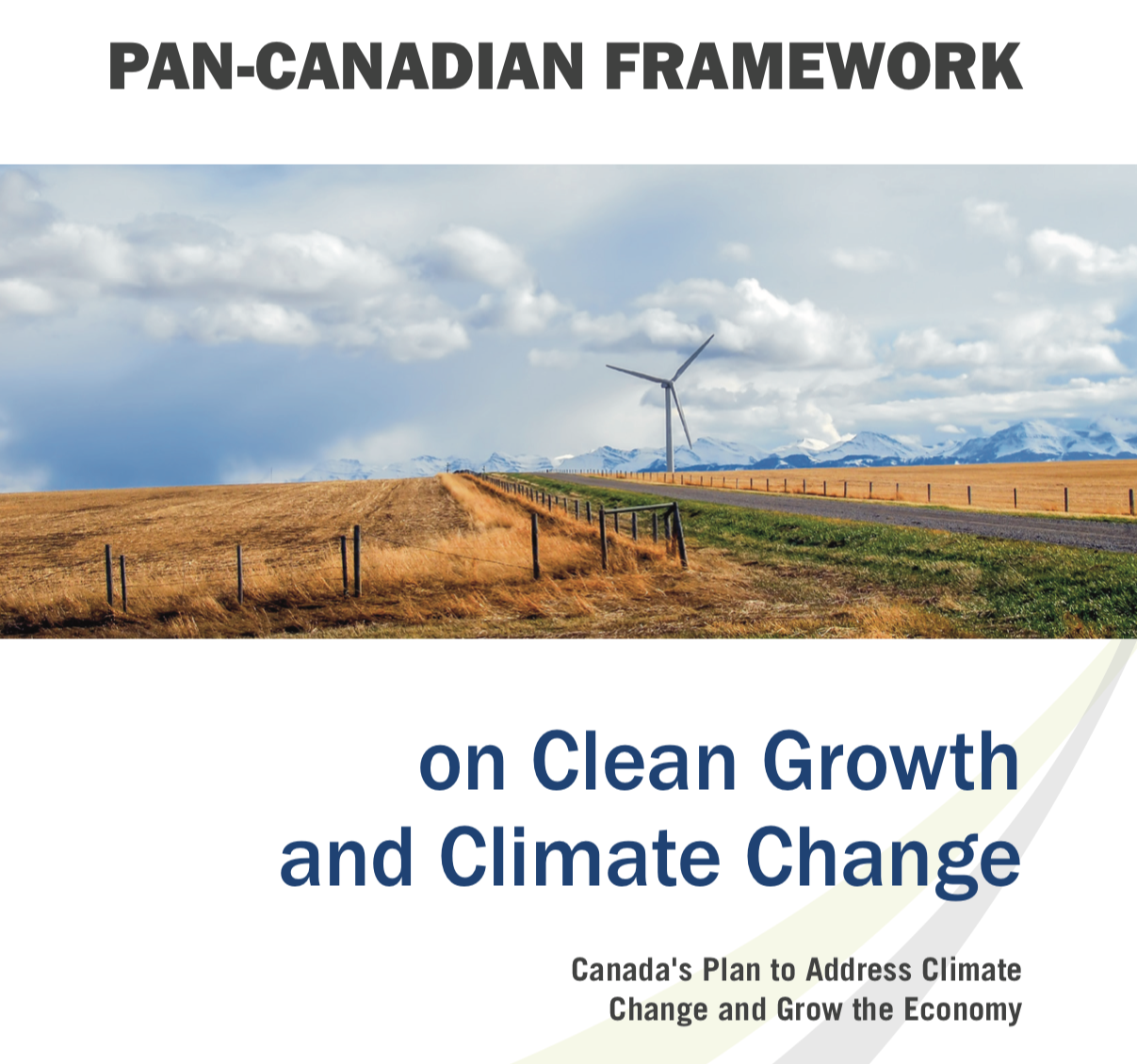Canada under the UNFCCC
Since 2001, the Federal government has worked with Inuit and Northern communities through climate change programs to address both short-term and long-term climate change adaptation and energy-related issues.
Canada already has one of the cleanest electricity systems in the world. About 80 percent of electricity production comes from non-emitting sources. While electricity emissions are going down in large part due to the move away from coal-fired power toward cleaner sources, electricity generation is still Canada’s fourth-largest source of GHG emissions.
The approach to electricity in Canada will include:
(1) Increasing the amount of electricity generated from renewable and low-emitting sources;
(2) Connecting clean power with places that need it;
(3) Modernizing electricity systems; and
(4) Reducing reliance on diesel working with Nunavummiut and remote communities.
However, many Inuit and remote communities in Canada rely on diesel fuel to produce electricity and heat.
Under the UNFCCC, Canada is working closely with the international community to implement the Paris Agreement, and at the 23rd Conference of the Parties (COP23) in November 2017 played a leadership role to advance negotiations on the Paris Agreement guidelines.
Leading up to and during COP23, Canada also worked to advance several key initiatives. In September 2017, Canada, in collaboration with China and the European Union, hosted an international ministerial meeting with representatives from 34 countries, including major economies, to support global climate action and the Paris Agreement, providing an opportunity for ministers to advance discussions in support of the Paris Agreement and its goals.
Canada has also taken on a leadership role to enhance the engagement of Indigenous People on international climate action. In September 2017, in the lead-up to COP23, the Government of Canada, in full partnership with Indigenous Peoples of Canada, hosted an Informal Dialogue attended by over 60 governments and Indigenous Peoples from around the world, which advanced discussions on the local communities and Indigenous Peoples platform under the UNFCCC. At COP23 in November 2017, Canada was recognized for its leadership in reaching an agreement to launch the operation of the platform. Also in the lead-up to COP23, Canada hosted an international workshop to exchange views on options for the Gender Action Plan under the UNFCCC, and played a leadership role in achieving agreement on the plan at COP23.
Canada is working to support the countries that are most vulnerable to the impacts of climate change and to support clean growth internationally. Canada is delivering its historic climate finance pledge of $2.65 billion to help developing countries transition to low-carbon, climate resilient economies through diverse bilateral and multilateral initiatives.
What is Canada's Climate Action Plan?
Canada's Paris Accord commitments are consolidated in the following document.
Click on the image and review Canada's core climate change policy, for a deeper understanding of the knowledge competency required on the issue as it affects Canada; the key elements that Canada and provinces/territories plan to action mitigation and adaptive strategies; and other foundational knowledge on key investment areas.
For a condensed summary, click here.
NOTE:
Keep your eye out for specific mention of Northern, Inuit, indigenous and Arctic priorities.
Have they been highlighted or forgotten in the national strategy?
Questions relating to the strategy will be in Quiz #1, so be sure to give it a good read through.

Copyright © All Rights Reserved


